Back in 2014, like many dairy farmers around the country, Norma Dineen and her husband Tom were looking forward to the removal of milk quotas and the opportunity to expand their Montbéliarde dairy herd.
The Dineens farm near Ballynoe in Co Cork and the first part of their plan was to install a new 24-unit milking parlour which would be well capable of milking their expanded herd.
That expanded herd would need more grass so they were on the look-out for suitable blocks of land to lease. But cracks started to show when land parcels around them began to make €400/ac for long-term leases. Rather than plough on the family wisely pressed the pause button to consider their options.
Chats around the kitchen table
Norma is an electrical engineer by profession which meant many hours commuting and travel all over the world. To say it was difficult with two babies under two would be an understatement. It was not made any easier when the company she worked for sent her to Shanghai shortly after she returned to work from maternity leave.
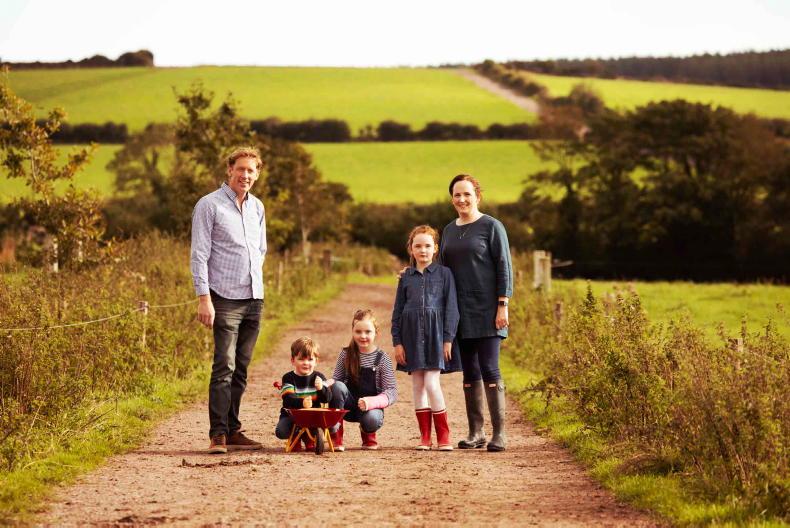
Tom and Norma Dineen with their children Méabh (eight), Áine (seven) and Tadhg (three).
“It certainly concentrated the mind,” says Norma. “Our chats at the kitchen table began to circle around getting added value for our milk and settled on making cheese on the farm. Our dairy herd is made up of Montbéliarde cows which are synonymous with traditional cheese production in France. We’d already won Quality Milk Awards so we were starting from a great place. After all you cannot make great quality cheese without great quality milk.”
Norma returned to University College Cork (UCC) where she completed a part-time diploma in speciality food production. She added further courses specialising in artisan cheese production. Using innovation voucher funding from Enterprise Ireland she undertook extensive product development and testing with Teagasc at Moorepark. She also got a place on the ACORNS programme which mentors and supports women who live in rural Ireland and are in the early stages of starting their own business.
Taking the plunge
By 2018, a spacious, stylish and state-of-the-art cheese plant and maturing room was built on the farm supported with 50% LEADER funding. Far from being utilitarian in design the cheese plant has a viewing platform and floor to ceiling windows that look out on the farm. Today, Norma and Tom farm in partnership on an 80ac milking platform along with a 50ac outside farm where they grow silage and rear replacement heifers.
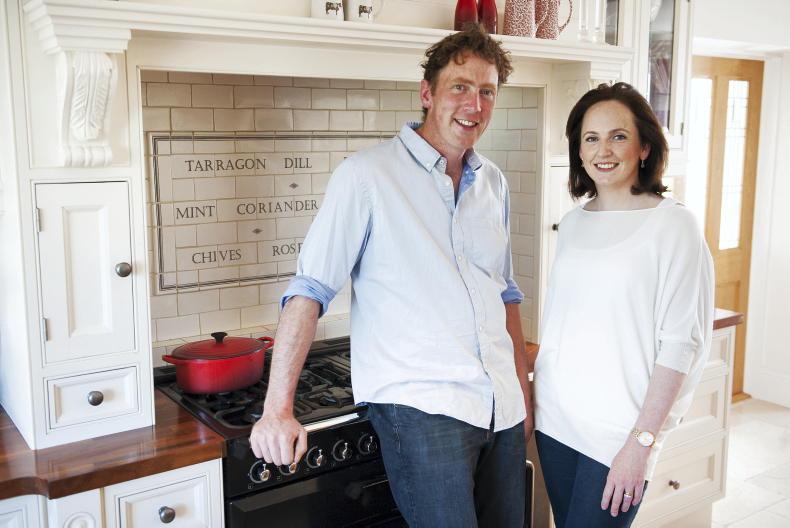
Tom and Norma Dinneen from Bó Rua Farm
There are two main strings to the Bó Rua family farm business. The first is the traditional dairy farm enterprise supplying milk to the co-operative. Then there’s the new diversified, value-added enterprise that produces Bó Rua, a premium farmhouse cheddar cheese from their own cows.
Immediate success
The first batches of Bó Rua cheese were produced in 2018 and were an immediate success when they hit shop shelves last year. Norma’s cheese was taken up by Musgraves Food Academy with an offer to be listed in 30 of their stores. At the same time, Tesco was lined up, while Avoca and numerous speciality food retailers had also come on board. Bó Rua cheddar was chosen for the Grow with Aldi programme and this will see the cheese in all 143 Aldi stores.
Food service was a key market and Norma had the first pallet of Bó Rua cheddar cheese ready to be distributed by Pallas Foods when COVID-19 hit. “The closure of hotels and restaurants wasn’t part of the plan but we just had to get on with it,” she says.
Being the head cheesemaker at Bó Rua Farm means that I have a far healthier work life balance and happier family life
In the past year ,Bó Rua cheddar cheese has won the Blas na hÉireann gold medal for best Irish hard cheese. It also won silver and bronze at the UK Artisan Cheese awards and picked up a silver medal at the Bord Bia Cheese Awards and this September it won two stars at the Great Taste Awards – the first time it was entered.
Diversify versus intensify
Norma is convinced that diversifying into cheese production has ensured the financial viability of their family farm for the next generation.
“By diversifying instead of intensifying we have sidestepped many of the headaches that are looming for dairy farmers, especially around emissions.”
“We are one of the farms involved with BRIDE (Biodiversity Regeneration in a Dairy Environment) and through farming with nature our aim is to increase the biodiversity on the family farm.”
Has she any regrets about leaving her career as an electrical engineer? “The only thing I regret is not doing it sooner. Being the head cheesemaker at Bó Rua Farm means that I have a far healthier work life balance and happier family life.
“We are making an important contribution to the development of a local food culture and looking to the future we want to develop the food tourism aspect of our agri businesses.” As for the new milking parlour, it has cut milking time to 50 minutes, a huge time saver every day of the week.
info@boruafarm.ie | 087-9755 484
Back in 2014, like many dairy farmers around the country, Norma Dineen and her husband Tom were looking forward to the removal of milk quotas and the opportunity to expand their Montbéliarde dairy herd.
The Dineens farm near Ballynoe in Co Cork and the first part of their plan was to install a new 24-unit milking parlour which would be well capable of milking their expanded herd.
That expanded herd would need more grass so they were on the look-out for suitable blocks of land to lease. But cracks started to show when land parcels around them began to make €400/ac for long-term leases. Rather than plough on the family wisely pressed the pause button to consider their options.
Chats around the kitchen table
Norma is an electrical engineer by profession which meant many hours commuting and travel all over the world. To say it was difficult with two babies under two would be an understatement. It was not made any easier when the company she worked for sent her to Shanghai shortly after she returned to work from maternity leave.

Tom and Norma Dineen with their children Méabh (eight), Áine (seven) and Tadhg (three).
“It certainly concentrated the mind,” says Norma. “Our chats at the kitchen table began to circle around getting added value for our milk and settled on making cheese on the farm. Our dairy herd is made up of Montbéliarde cows which are synonymous with traditional cheese production in France. We’d already won Quality Milk Awards so we were starting from a great place. After all you cannot make great quality cheese without great quality milk.”
Norma returned to University College Cork (UCC) where she completed a part-time diploma in speciality food production. She added further courses specialising in artisan cheese production. Using innovation voucher funding from Enterprise Ireland she undertook extensive product development and testing with Teagasc at Moorepark. She also got a place on the ACORNS programme which mentors and supports women who live in rural Ireland and are in the early stages of starting their own business.
Taking the plunge
By 2018, a spacious, stylish and state-of-the-art cheese plant and maturing room was built on the farm supported with 50% LEADER funding. Far from being utilitarian in design the cheese plant has a viewing platform and floor to ceiling windows that look out on the farm. Today, Norma and Tom farm in partnership on an 80ac milking platform along with a 50ac outside farm where they grow silage and rear replacement heifers.

Tom and Norma Dinneen from Bó Rua Farm
There are two main strings to the Bó Rua family farm business. The first is the traditional dairy farm enterprise supplying milk to the co-operative. Then there’s the new diversified, value-added enterprise that produces Bó Rua, a premium farmhouse cheddar cheese from their own cows.
Immediate success
The first batches of Bó Rua cheese were produced in 2018 and were an immediate success when they hit shop shelves last year. Norma’s cheese was taken up by Musgraves Food Academy with an offer to be listed in 30 of their stores. At the same time, Tesco was lined up, while Avoca and numerous speciality food retailers had also come on board. Bó Rua cheddar was chosen for the Grow with Aldi programme and this will see the cheese in all 143 Aldi stores.
Food service was a key market and Norma had the first pallet of Bó Rua cheddar cheese ready to be distributed by Pallas Foods when COVID-19 hit. “The closure of hotels and restaurants wasn’t part of the plan but we just had to get on with it,” she says.
Being the head cheesemaker at Bó Rua Farm means that I have a far healthier work life balance and happier family life
In the past year ,Bó Rua cheddar cheese has won the Blas na hÉireann gold medal for best Irish hard cheese. It also won silver and bronze at the UK Artisan Cheese awards and picked up a silver medal at the Bord Bia Cheese Awards and this September it won two stars at the Great Taste Awards – the first time it was entered.
Diversify versus intensify
Norma is convinced that diversifying into cheese production has ensured the financial viability of their family farm for the next generation.
“By diversifying instead of intensifying we have sidestepped many of the headaches that are looming for dairy farmers, especially around emissions.”
“We are one of the farms involved with BRIDE (Biodiversity Regeneration in a Dairy Environment) and through farming with nature our aim is to increase the biodiversity on the family farm.”
Has she any regrets about leaving her career as an electrical engineer? “The only thing I regret is not doing it sooner. Being the head cheesemaker at Bó Rua Farm means that I have a far healthier work life balance and happier family life.
“We are making an important contribution to the development of a local food culture and looking to the future we want to develop the food tourism aspect of our agri businesses.” As for the new milking parlour, it has cut milking time to 50 minutes, a huge time saver every day of the week.
info@boruafarm.ie | 087-9755 484






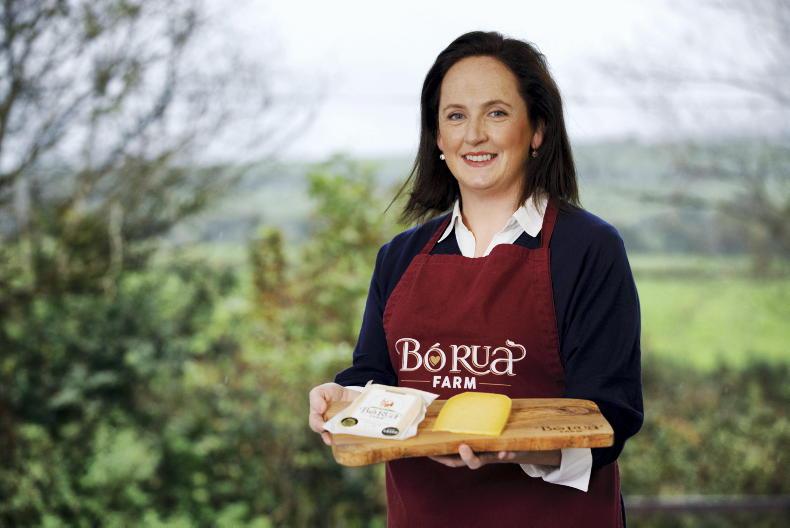


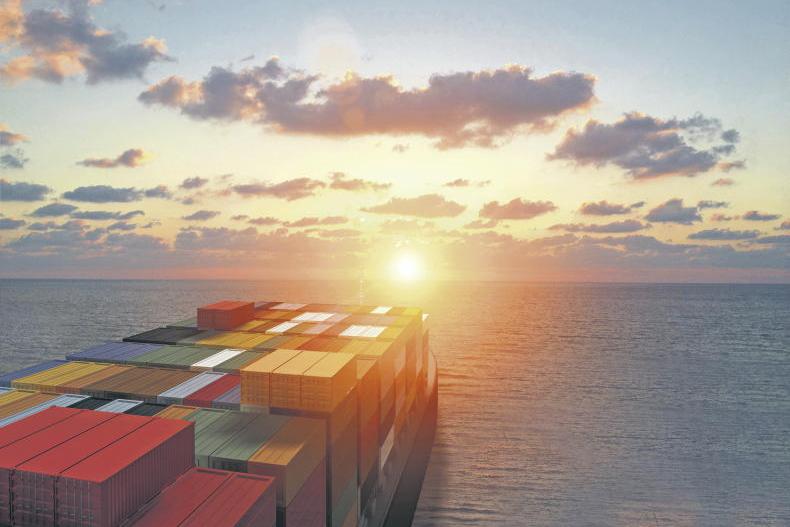
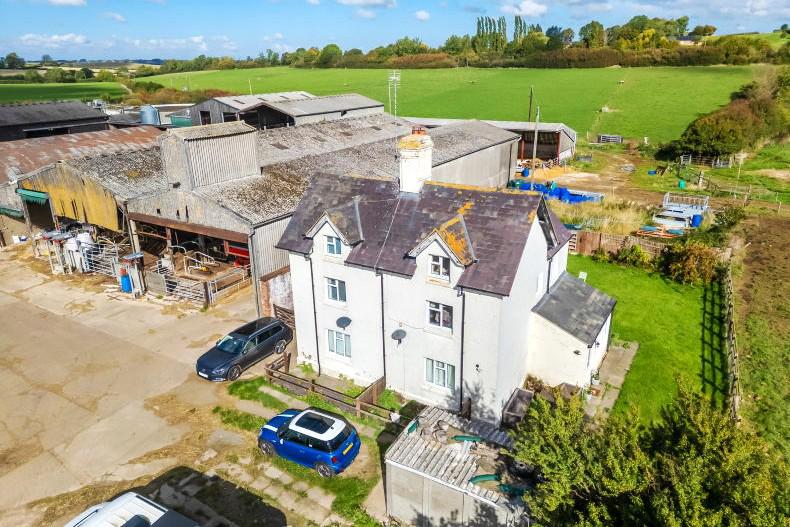
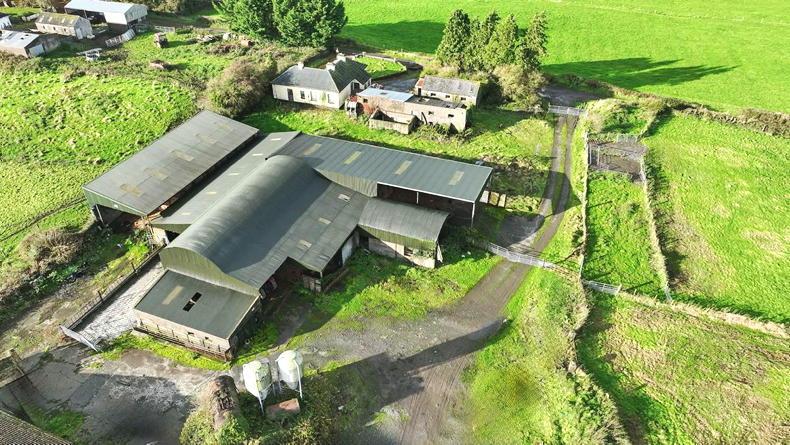
SHARING OPTIONS